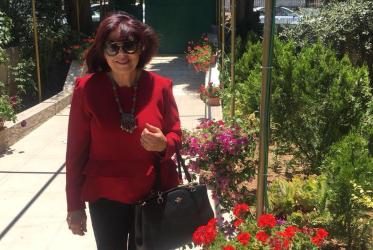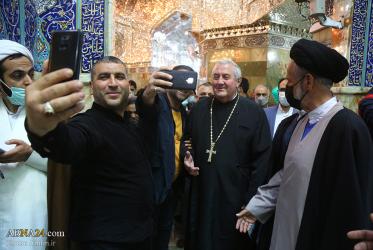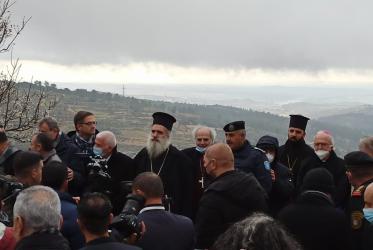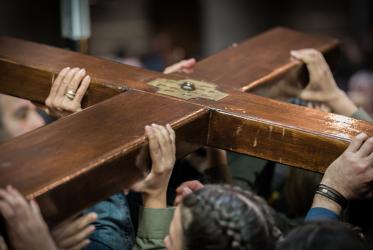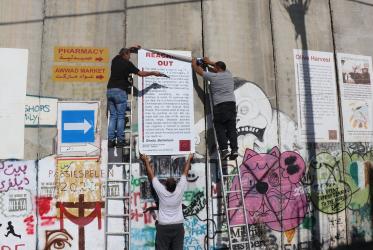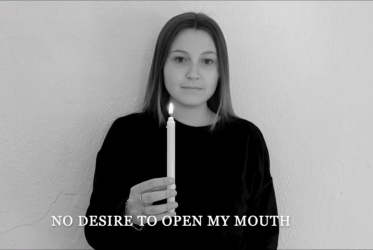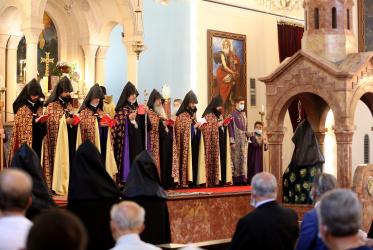Displaying 61 - 80 of 110
Planting trees and working for peace in Palestine
26 January 2022
In East Jerusalem, “we will never give up our rights”
29 October 2021
Women in Argentina walk in solidarity with women of Afghanistan
23 September 2021
In Lebanon, “without peace there is no justice”
21 July 2021

